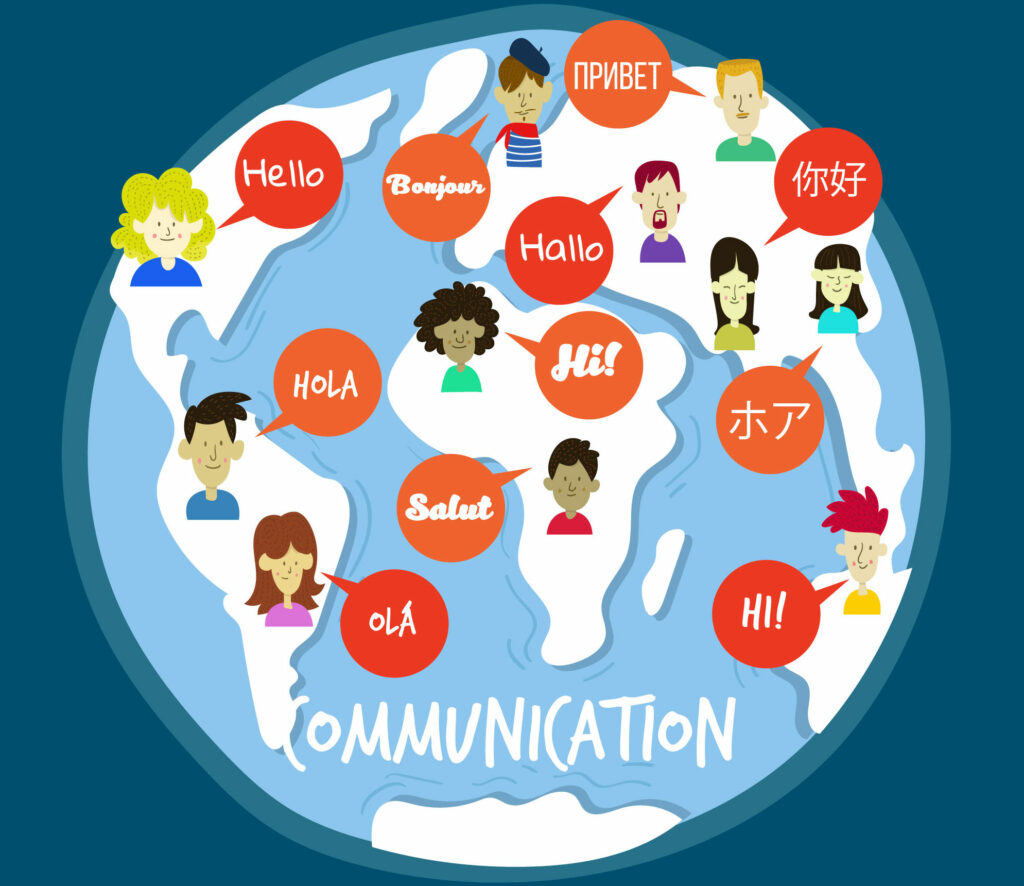Bilingual education refers to a system of education in which students are taught in two languages. In India, bilingual education has become increasingly popular as parents and educators recognize its numerous benefits. In this article, we will explore the benefits of bilingual education for Indian school children.
- Improved Cognitive Functioning Studies have shown that bilingual education can improve cognitive functioning in children. When children learn two languages simultaneously, their brains become more flexible and better able to adapt to different situations. This can improve their problem-solving skills, creativity, and critical thinking abilities.
- Enhanced Language Skills Bilingual education can significantly enhance language skills in children. Learning two languages at the same time can help children develop a deeper understanding of both languages, improving their reading, writing, listening, and speaking skills. This can also give children a competitive edge in the job market as they grow up.
- Increased Cultural Awareness Bilingual education can help children develop a deeper understanding and appreciation of different cultures. When children learn a second language, they also learn about the culture and customs of the people who speak that language. This can broaden their perspective and help them become more empathetic and understanding toward people from different cultures.
- Improved Social Skills Bilingual education can also improve social skills in children. Learning a second language can help children communicate with people from different backgrounds and establish friendships with people from different cultures. This can lead to increased social competence and self-esteem.
- Higher Academic Achievement Studies have shown that bilingual education can lead to higher academic achievement in children. Learning a second language can improve children’s cognitive abilities, making them better learners overall. It can also improve their performance in other subjects, such as mathematics and science.
- Improved Career Opportunities Bilingual education can significantly improve career opportunities for children in the future. As the world becomes increasingly globalized, companies are seeking employees who can speak multiple languages. Bilingual education can give children a competitive edge in the job market, making them more marketable to potential employers.
- Enhanced Personal Development Bilingual education can enhance personal development in children. Learning a second language can increase children’s self-confidence and independence, as well as their ability to adapt to new situations. This can help children become more resilient and better able to navigate the challenges they may face in life.
- Improved Parent-Child Relationships Bilingual education can also improve parent-child relationships. When parents are able to communicate with their children in both languages, it can lead to a closer and more meaningful relationship. It can also make it easier for parents to be involved in their children’s education and support their academic progress.
In conclusion, bilingual education has numerous benefits for Indian school children. It can improve cognitive functioning, enhance language skills, increase cultural awareness, improve social skills, lead to higher academic achievement, improve career opportunities, enhance personal development, and improve parent-child relationships. As such, parents and educators should consider bilingual education as a valuable option for educating children in India. By doing so, we can help children reach their full potential and become more competitive in an increasingly globalized world.







